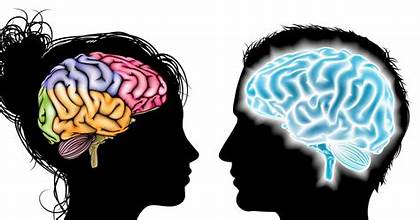The impact of nature on anxiety has been an area of growing interest within the field of psychology and mental health. Research has shown a strong connection between spending time in nature and a reduction in symptoms of anxiety. This connection forms the basis of various therapeutic approaches, such as ecotherapy, which harnesses the healing power of nature to improve mental well-being.
Ecotherapy, also known as nature therapy or green therapy, involves incorporating nature-based activities into mental health treatment. It can take various forms, including wilderness therapy, horticultural therapy, animal-assisted therapy, and more. These approaches leverage natural environments’ calming and therapeutic effects to alleviate stress and anxiety.
Green spaces, such as parks, forests, gardens, and other natural settings, have been shown to have a positive impact on mental health. Spending time in these environments can reduce stress, lower blood pressure, and improve mood. Greenery, fresh air, and natural light can contribute to calm and relaxation, reducing anxiety levels.
Several mechanisms explain how nature positively influences anxiety:
- Stress Reduction: Nature has a soothing effect that reduces the body’s stress response. Being in natural surroundings helps lower cortisol levels and promotes relaxation.
- Mindfulness and Mental Restoration: Natural environments encourage mindfulness and mental restoration. They allow individuals to focus on the present moment, promoting a sense of calm and reducing rumination, a common symptom of anxiety.
- Physical Activity: Engaging in outdoor activities in green spaces, such as walking, hiking, or gardening, encourages physical exercise, which is known to impact mental health positively.
- Social Connection: Green spaces often serve as community hubs, providing social interaction and support opportunities. Social connections can significantly impact anxiety levels.
Integrating green spaces and nature-based interventions into urban planning and mental health treatment strategies is gaining recognition. It is seen as a cost-effective and accessible approach to improving mental health and well-being for individuals experiencing anxiety and other mental health challenges.
However, it is important to note that while nature can be beneficial for many, it might not be the sole or complete solution for severe anxiety disorders. Depending on individual needs, it is often most effective when used as a complementary approach alongside other evidence-based treatments, such as therapy and medication.
Continued research and exploration of ecotherapy and the impact of green spaces on anxiety offer promising avenues for promoting mental health and well-being in diverse populations.




